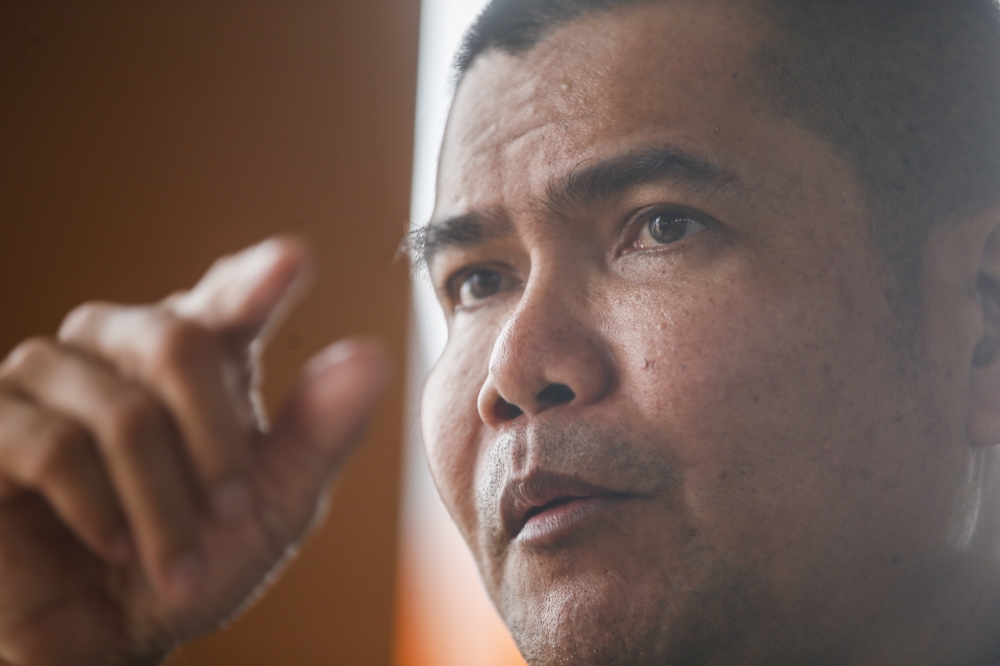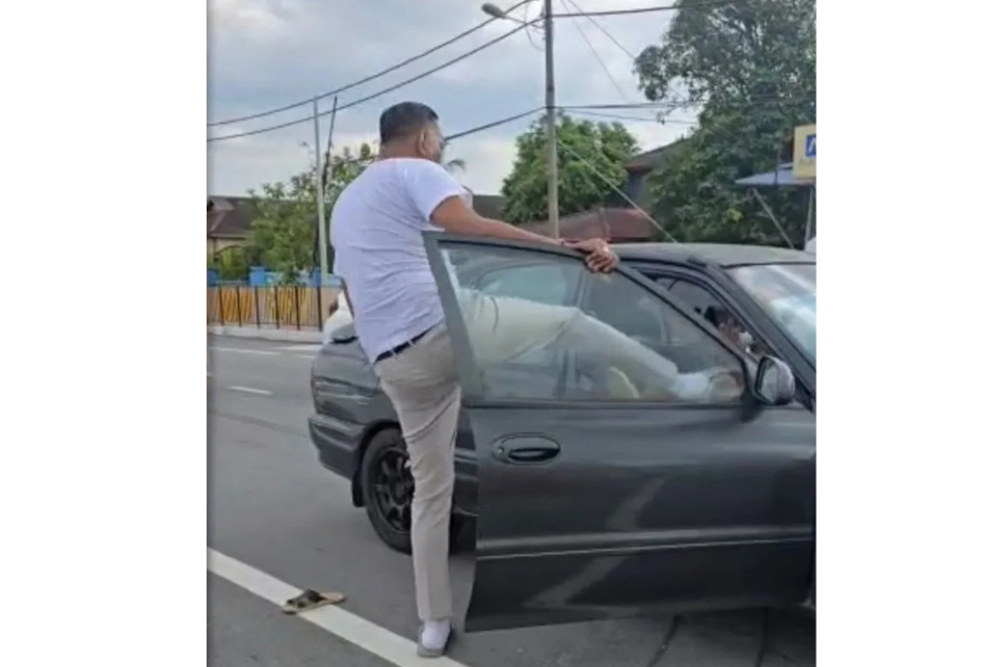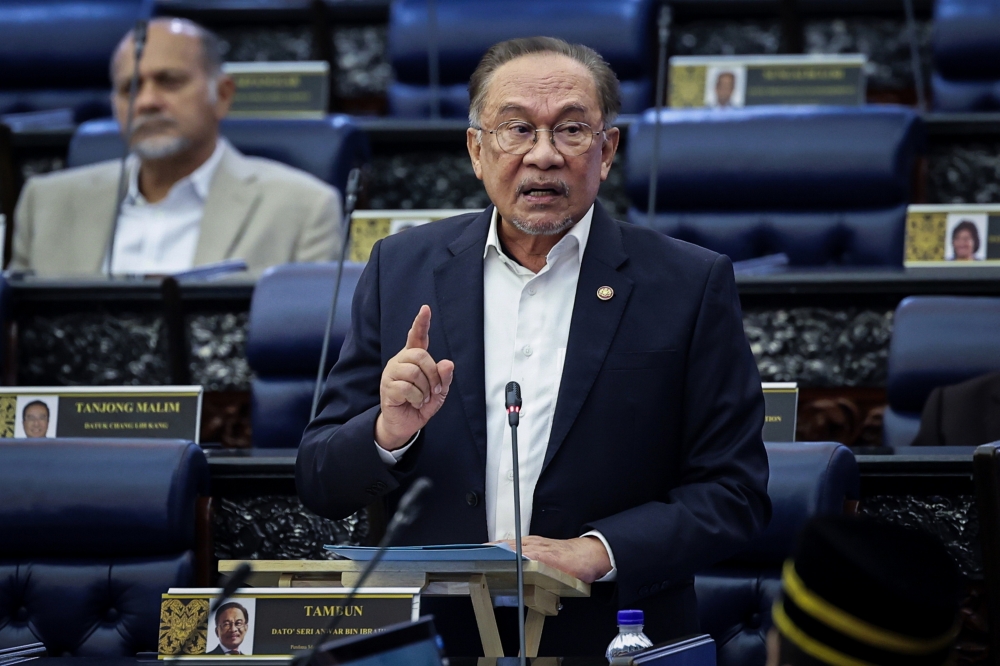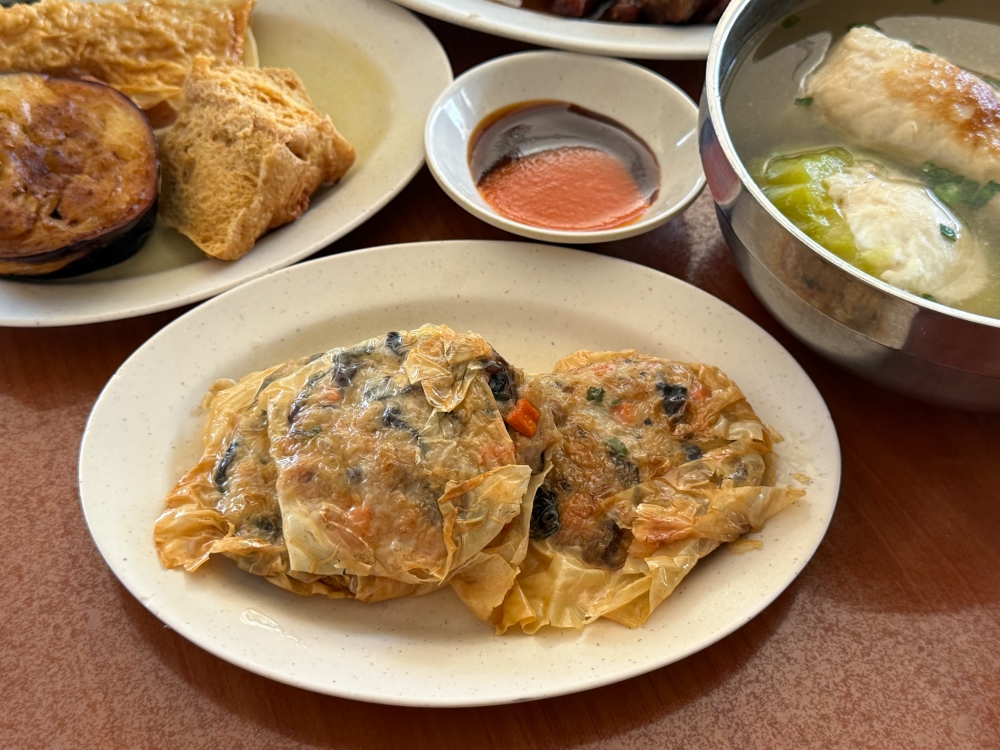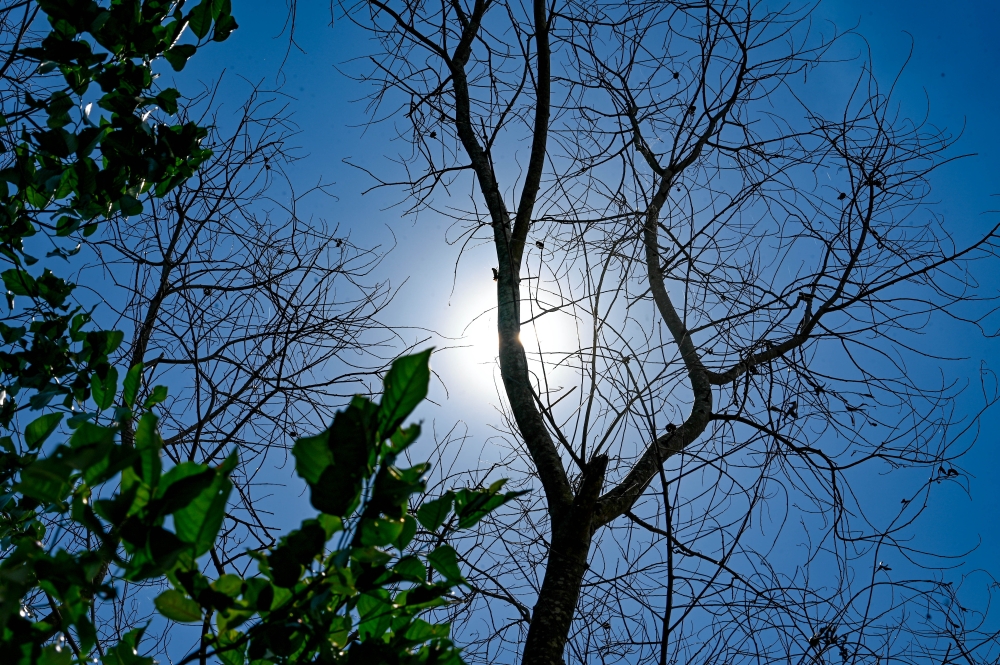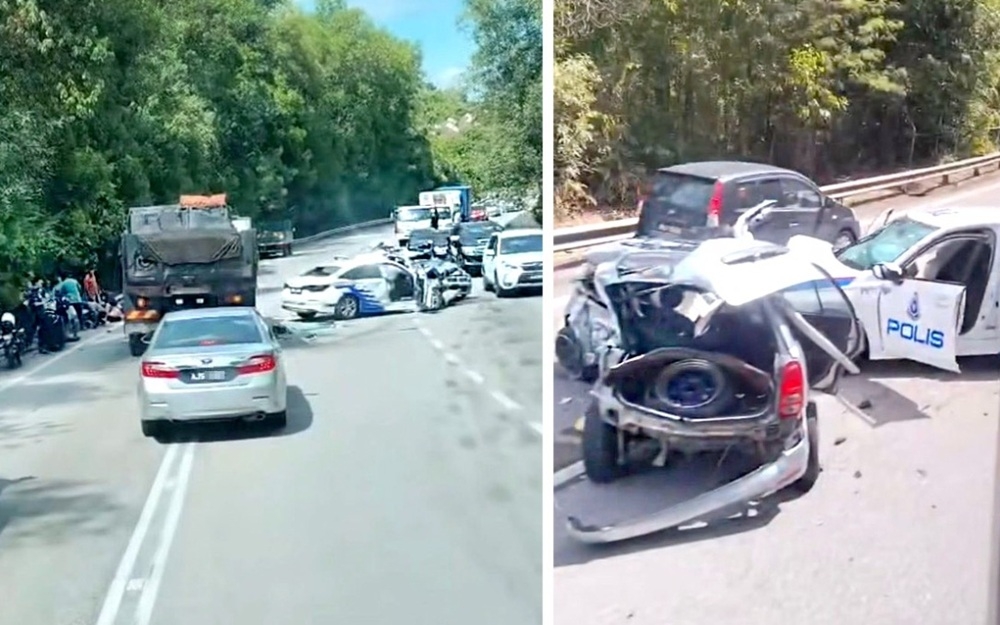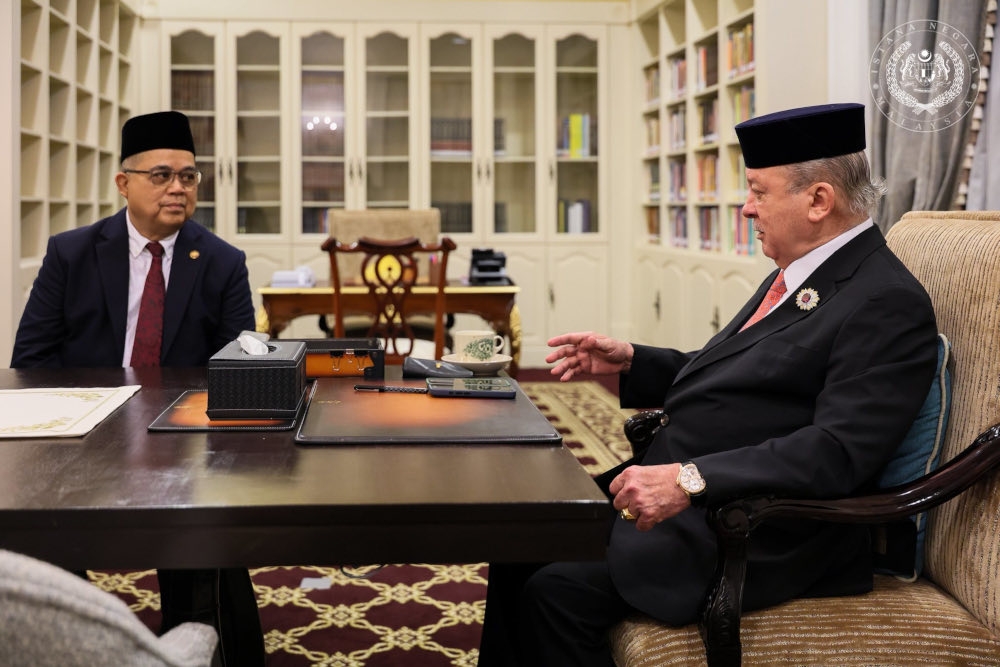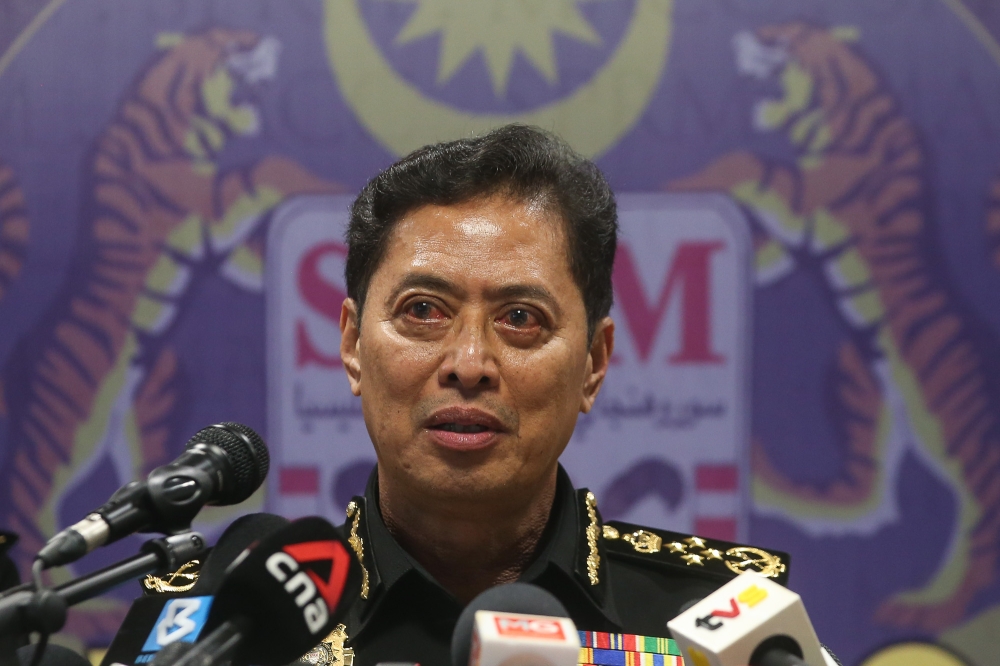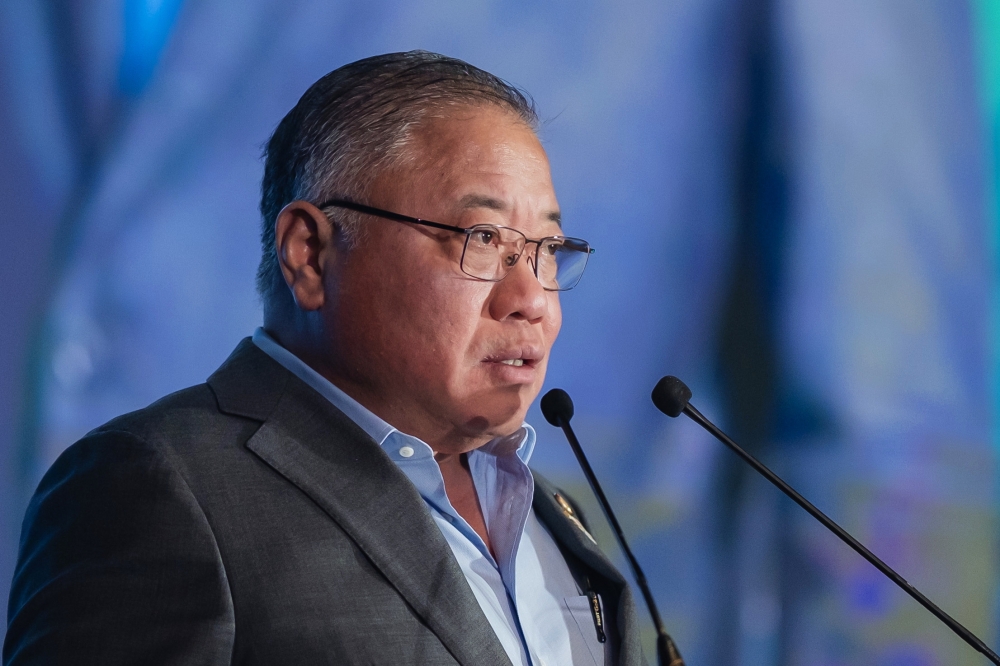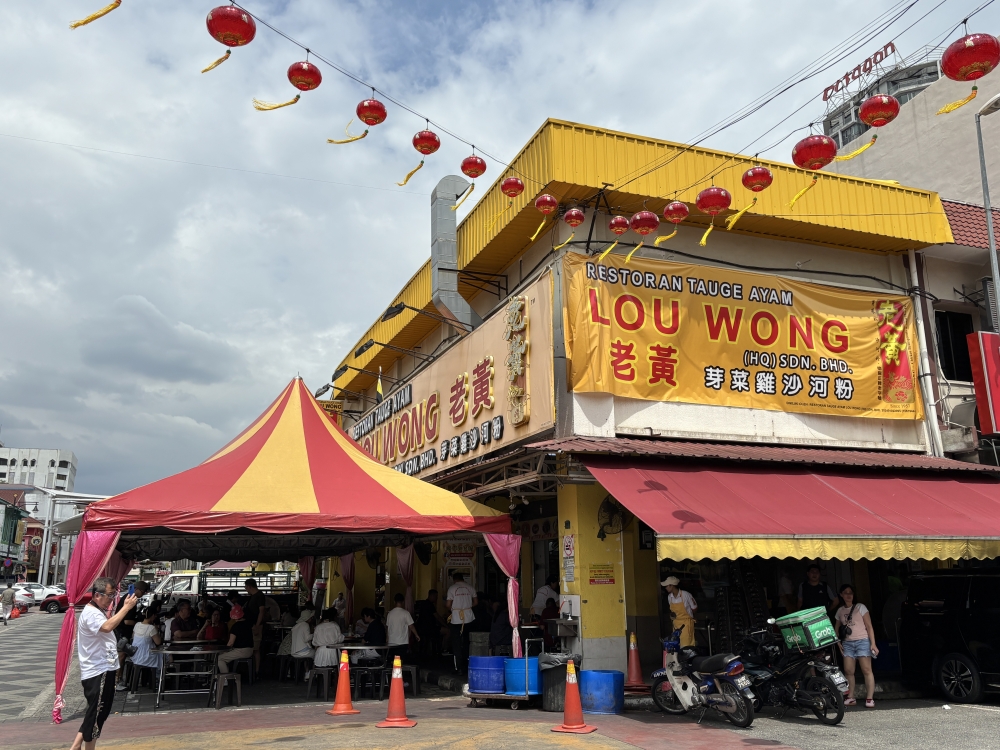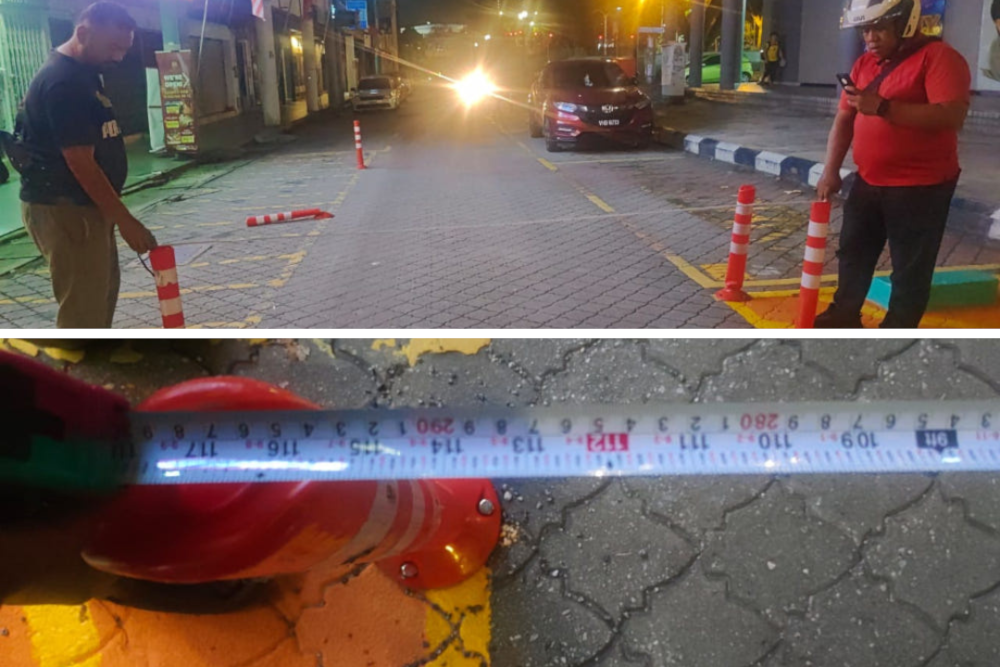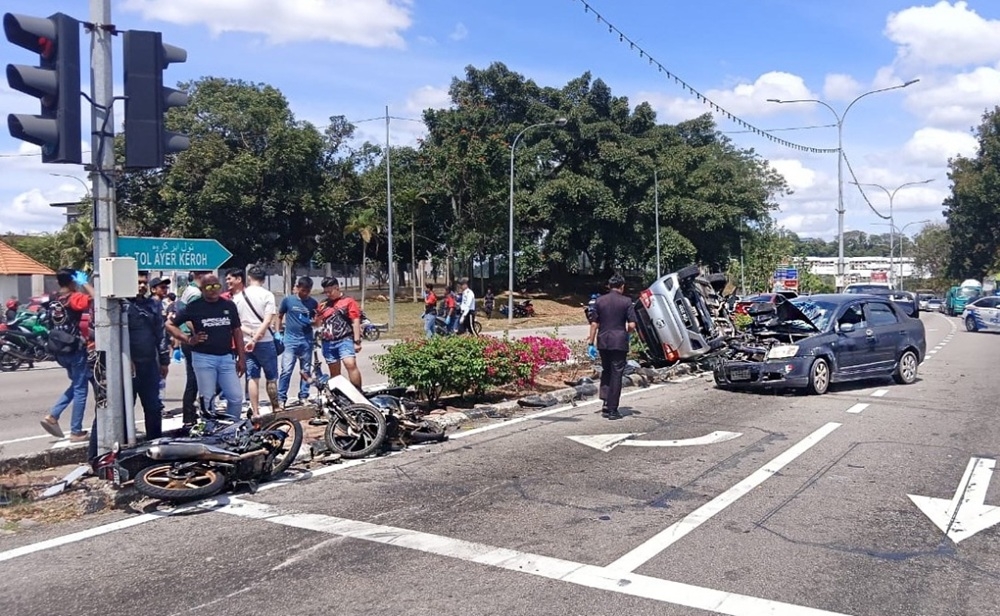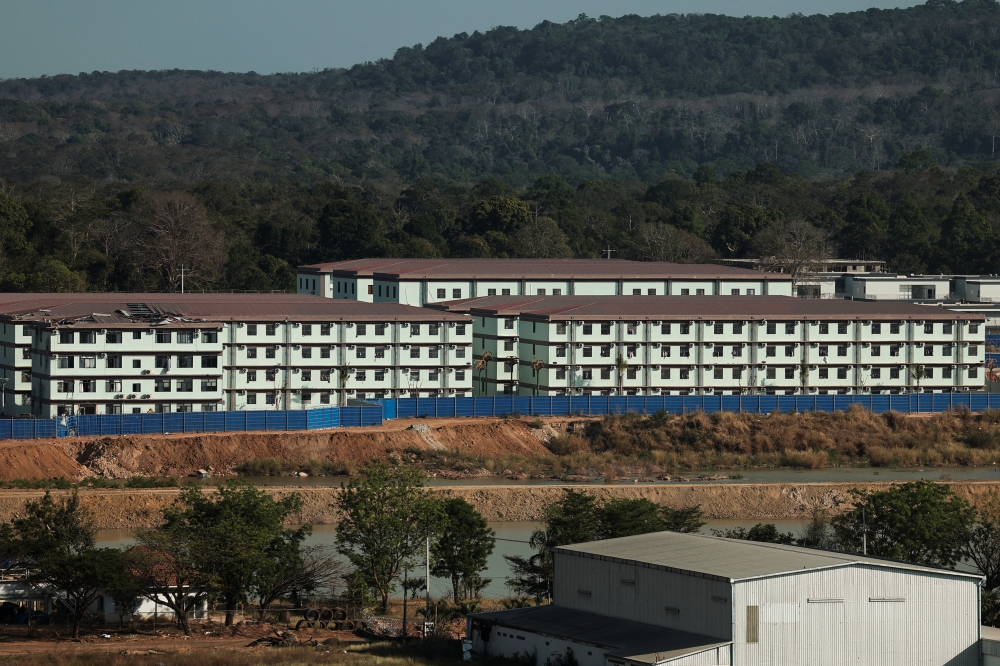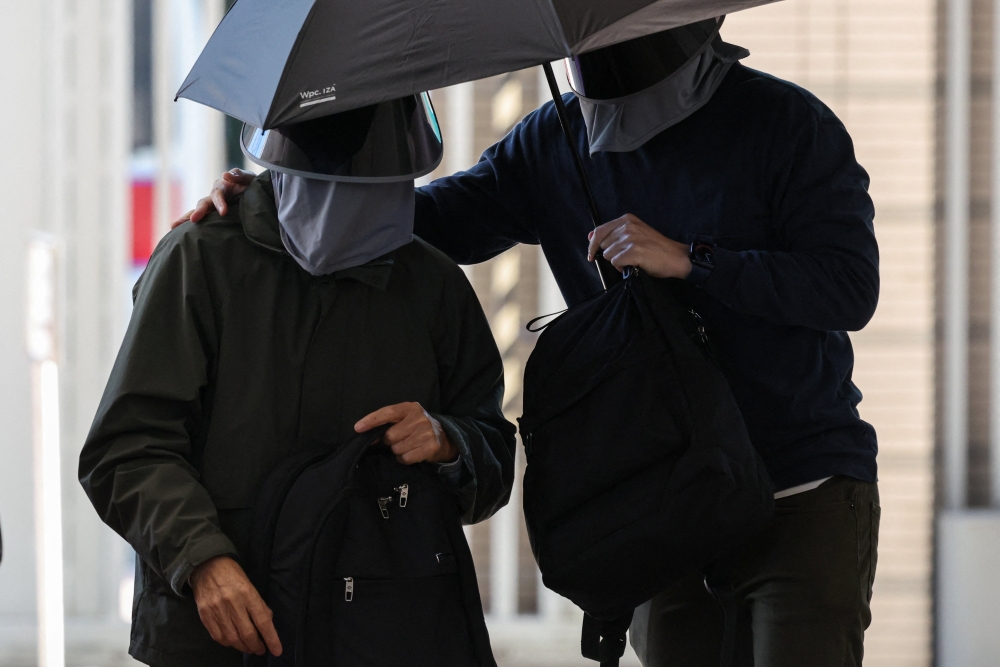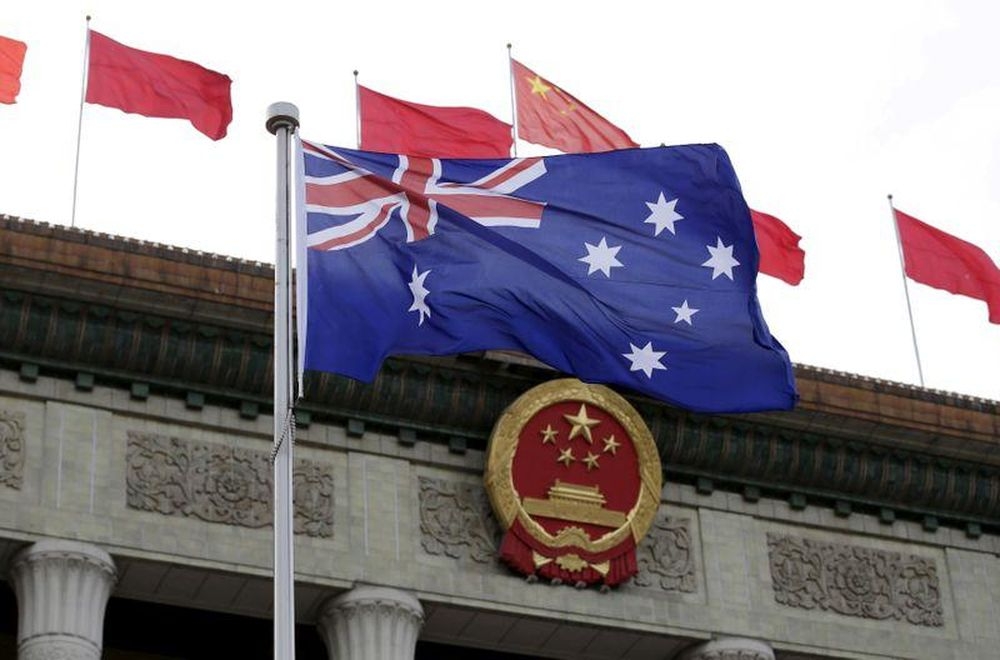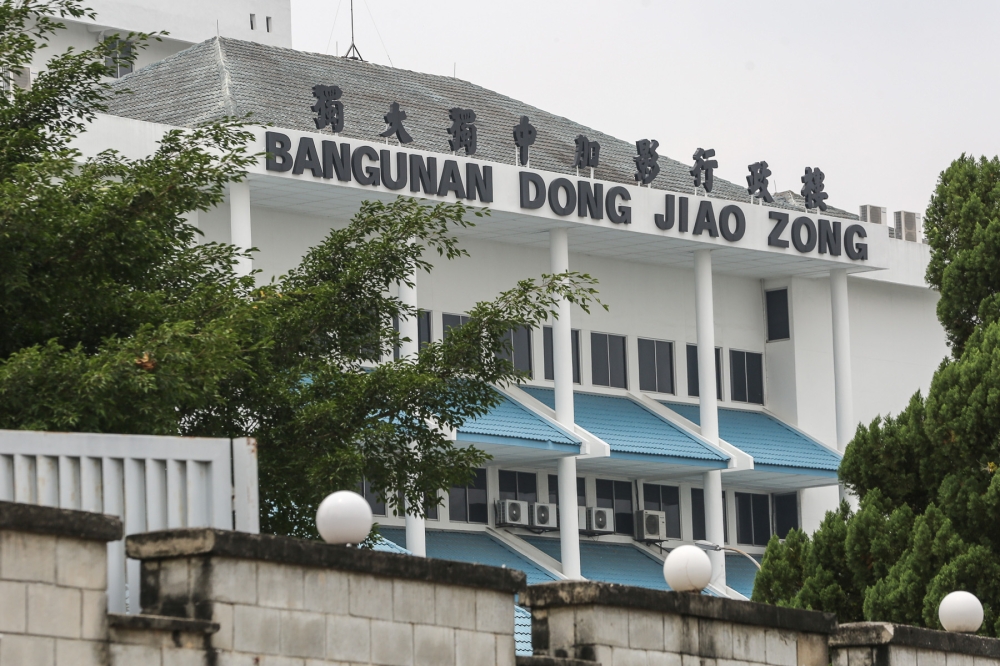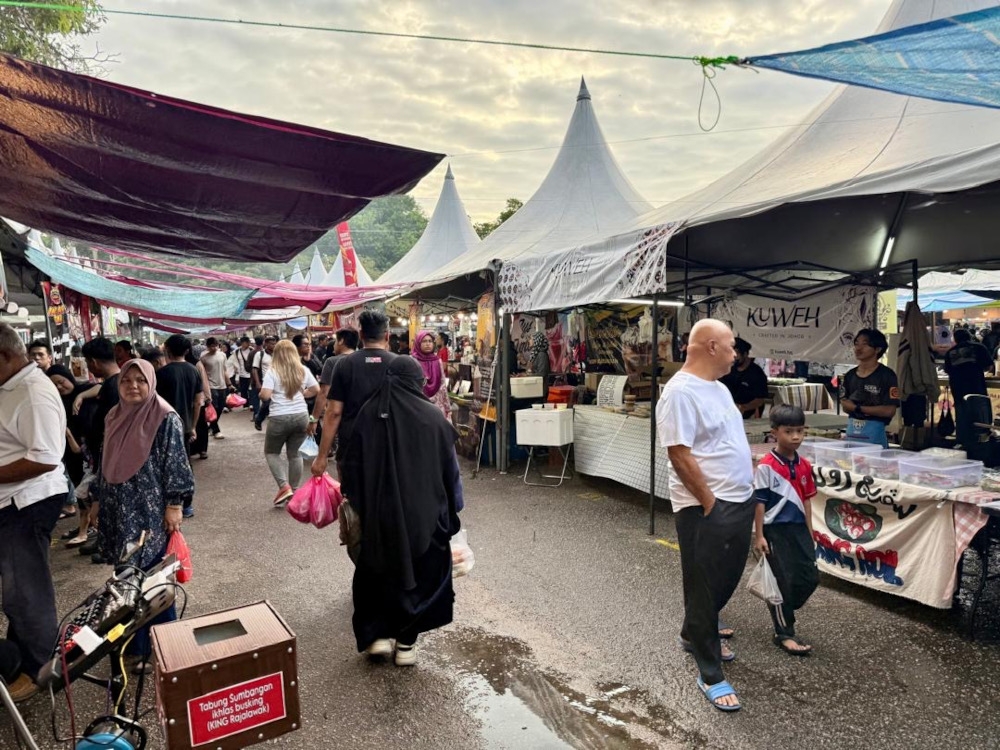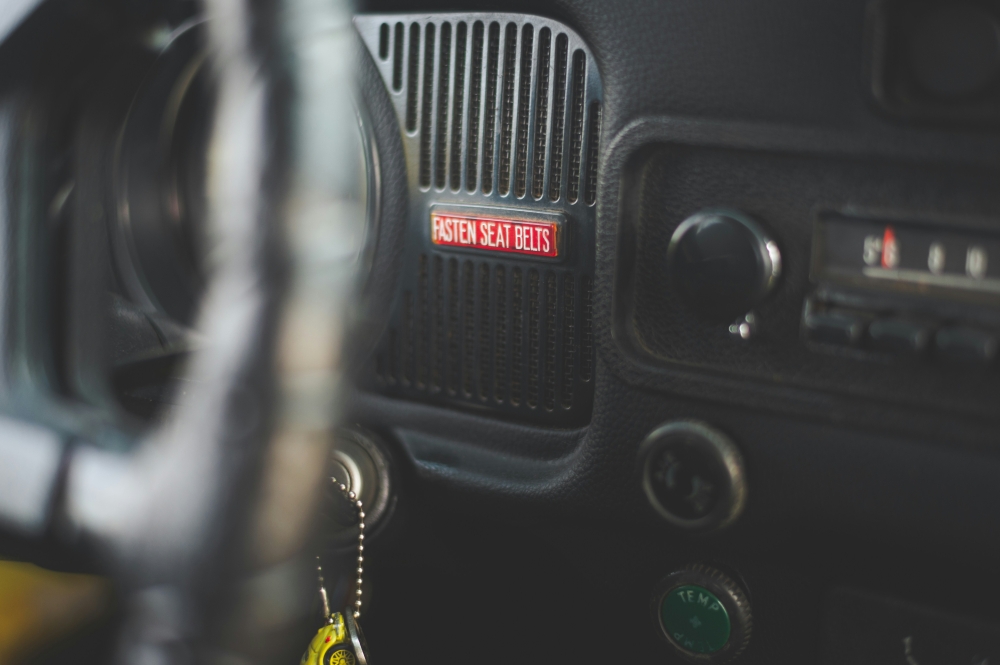TAIPEI, May 3 — Chinese-ruled Hong Kong’s push for an extradition law with Beijing could further undermine the city’s freedoms and rule of law and instil a climate of fear, a senior Taiwan official overseeing policy with China said today.
Hong Kong, a former British colony, is trying to enact rules that would allow people accused of a crime, including foreigners, to be sent to mainland China for trial.
Opponents of the proposal fear further erosion of rights and legal protections in the free-wheeling financial hub – freedoms that were guaranteed on the city’s return to Chinese rule in 1997.
Hong Kong leader Carrie Lam has said there’s a need for arrangements to extradite offenders to China and Taiwan, an island Beijing claims as its own, and other countries that don’t have extradition treaties with the city.
The case of a young Hong Kong man, Chan Tong-kai, 20, who is accused of murdering his girlfriend in Taiwan last year before fleeing back to Hong Kong, has been held up as an example.
But the deputy head of Taiwan’s Mainland Affairs Council, Chiu Chui-cheng, said there was no need for an extradition law.
“It’s very possible that after this (extradition) law, everyone will live in fear,” Chiu told Reuters in an interview in his Taipei offices.
He urged the Hong Kong government to heed snowballing public concerns, including those of more than 100,000 people who took to the streets last weekend demanding the proposed laws be scrapped.
Chiu’s comments are perhaps the strongest yet by a foreign official towards the legislation.
There was no immediate response from Hong Kong’s Chief Executive’s Office to Chiu’s comments.
The law is seen as a test of the autonomy of Hong Kong, which is ruled under a so-called “one country, two systems” formula that China has also proposed for Taiwan.
The extradition rules come as critics say freedoms have been corroded by China’s Communist leaders after a British journalist was expelled, democratic activists jailed and barred from contesting local elections, and opposition lawmakers disqualified from public office.
“Beijing is trying to control Hong Kong completely, and to attack Hong Kong’s democracy and freedoms, so we feel the result is to make people pessimistic about the future,” said Chiu.
Taiwan is considered one of Asia’s most vibrant democracies, but it is also one of Beijing’s thorniest political issues, and a potential military flashpoint.
Former Hong Kong bookseller Lam Wing-kee, who had once been detained by Chinese authorities, fled to Taiwan last week given fears about the extradition law.
In a strongly worded January speech, Chinese President Xi Jinping reserved its long-announced right to use force to bring Taiwan under Chinese control.
He added the best way forward was to introduce a “one country, two systems” arrangement, a proposal rejected by Taiwan President Tsai Ing-wen.
“Hong Kong is like a mirror (to Taiwan),” Chiu said. “Hong Kong’s core values have been continually deteriorating ... To our minds, Hong Kong is a failed example (of one country, two systems).” — Reuters

